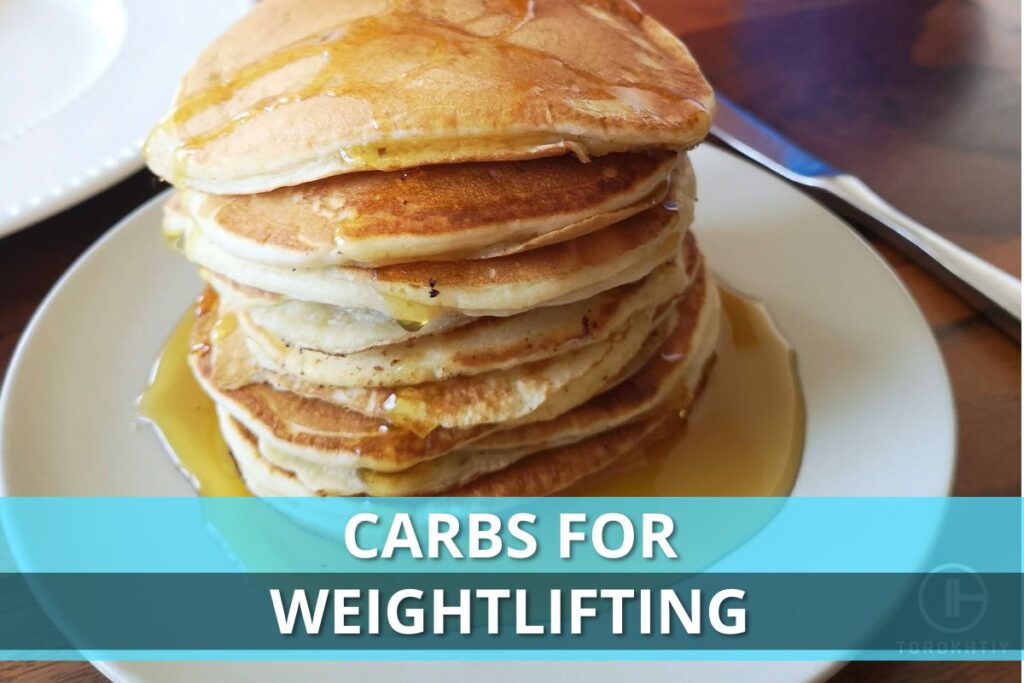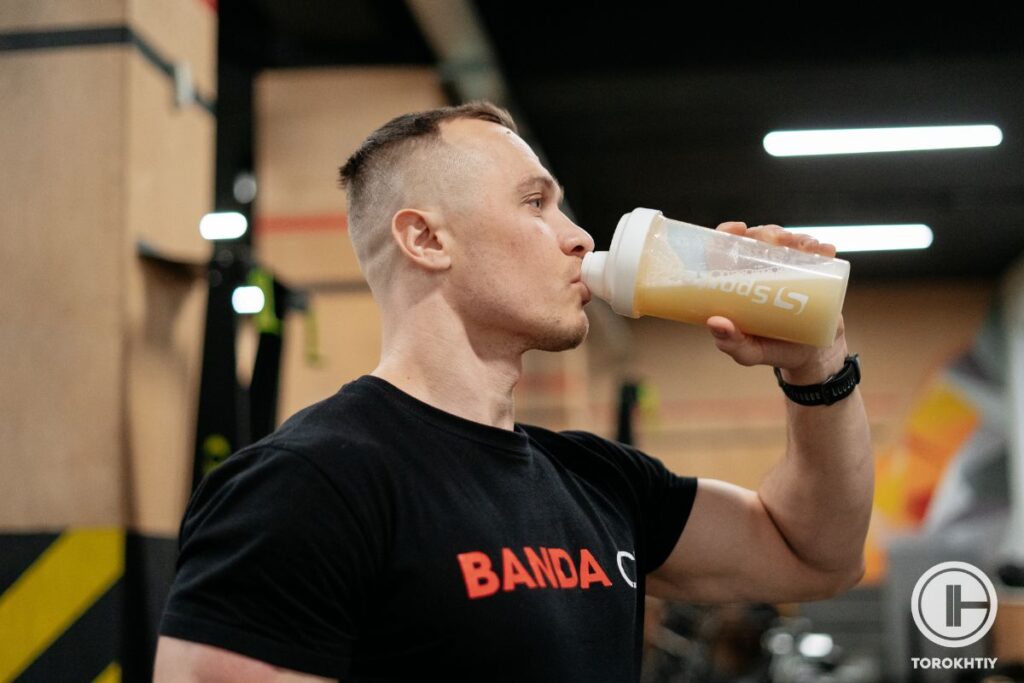Carbs for Weightlifting
Author:
Unlock your full potential by engaging with our experts and community! Have questions about your fitness journey or looking for expert advice on weightlifting techniques? Don’t hesitate — leave a comment below and Sergii Putsov will provide a personalized answer and insights to help you reach your goals.
Torokhtiy is reader-supported. Some links are affiliate links, and we may earn a commission at no extra cost to you. See our disclosure page for details.
On my way to the medals, I gained a lot of very useful and interesting experience and knowledge about weightlifting nutrition. And I have something to share with you. Today, I want to tell you about the key nutrient for weightlifters – carbohydrates.

Basic Recovery Methods for Weightlifters
Consistent and intensive loads will not give you victories and medals if you neglect recovery. We can tread water for years, holding back our results, only because of poor recovery strategy or even its absence. The two key components of our sport are sleep and nutrition.
Sleep is a wonderful tool to recover after heavy workouts. Nevertheless, we sometimes fail to devote enough time to this part, and it takes its toll on recovery.
There may also be another problem – the quality of sleep might suffer for different reasons. Stress, poor work-life balance (when we work too much and overlook days off), overtraining – everything can reduce sleep quality. As a result, we may get into the trap of chronic under-recovery.
You may like it:

The other key component of effective recovery is proper nutrition. As we all know, our diet mainly consists of 3 nutrients – proteins, fats, and carbs. Each of these is equally important for our recovery, but the overall intake depends on gender, training type and volume as well as our body composition and other factors.
I often hear the question “Do you need carbs after workout?” And I always answer “Yes!” There is no universal best time to eat carbs for muscle growth. Yet, they are just as important as other nutrients to fuel your body before a workout and restore your energy level after a session.
Carbs for Weight Lifting – Performance Control
Carbs are the key nutrient for weightlifters to support productive sessions and proper recovery.
However, it is important to keep track of the sources of carbs. Simply eating carbs is not enough to restore glycogen (reserve glucose in the muscles and liver) and generate energy in the form of ATP. The source of carbs also makes a difference.
Candies, honey, sugar, and other sweets are rich in added (free) sugar which gives us nothing but empty calories in the form of carbs. These foods contain almost no vitamins, minerals, and other nutrients.
The opposite is whole-grain products (including bread and pasta), beans, and potatoes. These are sources of complex, thus, good carbohydrates for weight lifting as well as vitamins, minerals, fiber, and antioxidants. With these products, we take in lots of nutrients to accumulate our recovery after heavy training, too.

Fiber, which is found in grains and beans, also helps to control glucose and insulin spikes in the blood and, thus, reigns our hunger. On top of that, B vitamins are crucial for energy production. The recovery process will be far worse without them, and training will become hard and less productive.
Fruits are also among those carbs rich in vitamins, minerals, fiber, and antioxidants. Don’t forget about them but know the limit! I don’t recommend making fruits the main source of carbs in your weightlifter diet. Grains and beans are the best carbs for muscle growth. They are like the foundation of a building, and fruits are the windows.
Taking into account intensive and frequent physical loads, carbs should take 50% and more of your daily calorie norm. Still, you shouldn’t give more than 10% to added sugars such as sweets, honey, or sugar.
If you are not sure how many calories should a weightlifter eat, how to build your diet in the best way, or choose proper products, check out our Maximum Performance Nutrition. In this program, we take care of sufficient carb, protein, fat, vitamin, and mineral intake for you. Everything for your best recovery!
Why Trust Us?
With over 20 years in Olympic weightlifting, strength training, nutrition coaching, and general fitness our team does its best to provide the audience with ultimate support and meet the needs and requirements of advanced athletes and professional lifters, as well as people who strive to open new opportunities and develop their physical capabilities with us.
By trusting the recommendations of our certified experts in coaching, nutrition, and sports training programming, as well as scientific consultants, and physiotherapists, we provide you with thorough, well-considered, and scientifically proven content. All the information given in the articles concerning workout programming, separate exercises, and athletic performance, in general, is based on verified data.
The product testing process is described in more detail here.
Author: Sergii Putsov
Head of Sport Science, PhD
Best Results: Snatch – 165 kg,
C&J – 200 kg
Sergii Putsov, Ph.D., is a former professional weightlifter and National team member, achieving multiple medals in the 94 kg weight category at national competitions. With a Master’s degree in “Olympic & Professional Sport Training” and a Sport Science Ph.D. from the International Olympic Academy, Greece, Sergii now leads as the Head of Sport Science. He specializes in designing training programs, writing insightful blog articles, providing live commentary at international weightlifting events, and conducting educational seminars worldwide alongside Olympic weightlifting expert Oleksiy Torokhtiy.




Great article, I learned something new today.